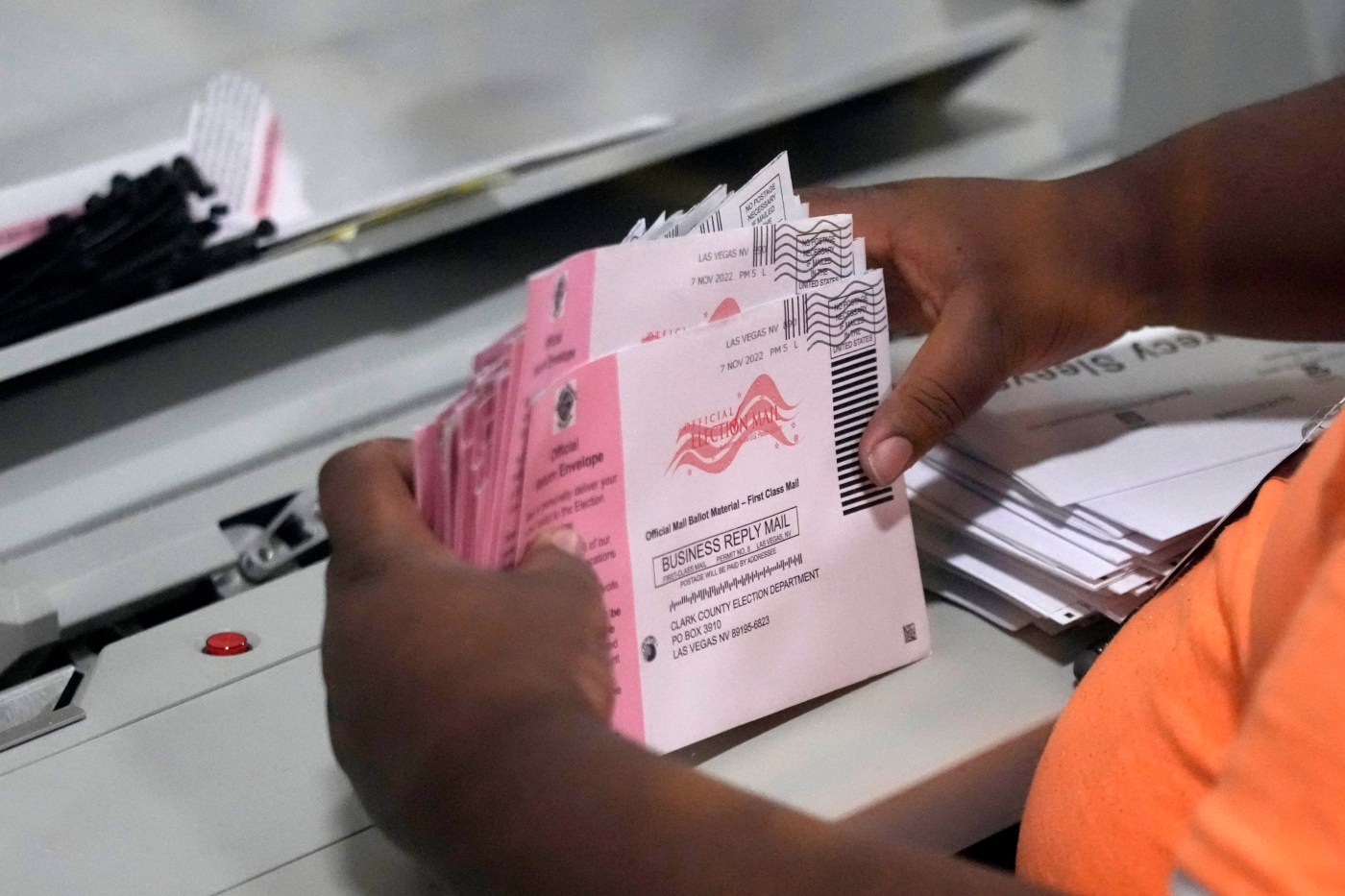
Levay: Addressing the rising threats to election workers
In the wake of the 2020 election, the safety of election workers has become a growing concern. The surge in threats and harassment targeting these dedicated public servants is more than just a fleeting issue — it’s a challenge to the functioning of our democratic processes.
Election officials, from secretaries of state to temporary poll workers, have increasingly faced hostility, leading to the departure of experienced workers and raising concerns about the security and integrity of elections.
Several states have taken legislative steps to protect election workers in response to these challenges. California recently passed a law allowing election officials to have their addresses and other personal information redacted from government records. This measure addresses one of the critical vulnerabilities faced by election workers: the public accessibility of their personal information, which can be exploited by those seeking to cause harm.
The need for such protections was underscored by the experience of a former Georgia election worker, whose life was significantly affected after she was falsely accused of voter fraud — a claim that led to threats and harassment, forcing her into hiding. Her story highlights a broader pattern of abuse that has become more prevalent.
In Colorado, the Election Official Protection Act, enacted this year, goes further by imposing criminal penalties for threatening or intimidating election officials. This law also allows election workers to request that their personal information be shielded from public records requests. It also prohibits the doxing of election officials or their family members. Oregon has enacted similar legislation.
The threats to election workers are a national issue that may require a broader response. According to a report from the Brennan Center for Justice, nearly half of all election officials and poll workers now express concerns for their safety, and about 75% think threats against them have increased since 2020. This widespread concern is leading many election workers to leave their jobs, which could result in a loss of institutional knowledge and experience critical to running secure elections.
The federal government has a role to play in addressing these challenges. One potential measure could be implementing automated redaction technology across all states. This technology can automatically identify and remove sensitive personal information from public records, making it more difficult for malicious actors to target election workers.
Although the Department of Justice’s Election Threats Task Force has charged individuals with crimes against election officials, the scale of the problem suggests additional federal legislation could be beneficial. This could include stronger penalties for those who threaten or harass election workers and nationwide mandates for redacting personal information.
As the 2024 election approaches, it is crucial to prioritize the safety of election workers.
Amanda Levay has 12 years of startup and finance experience/InsideSources


